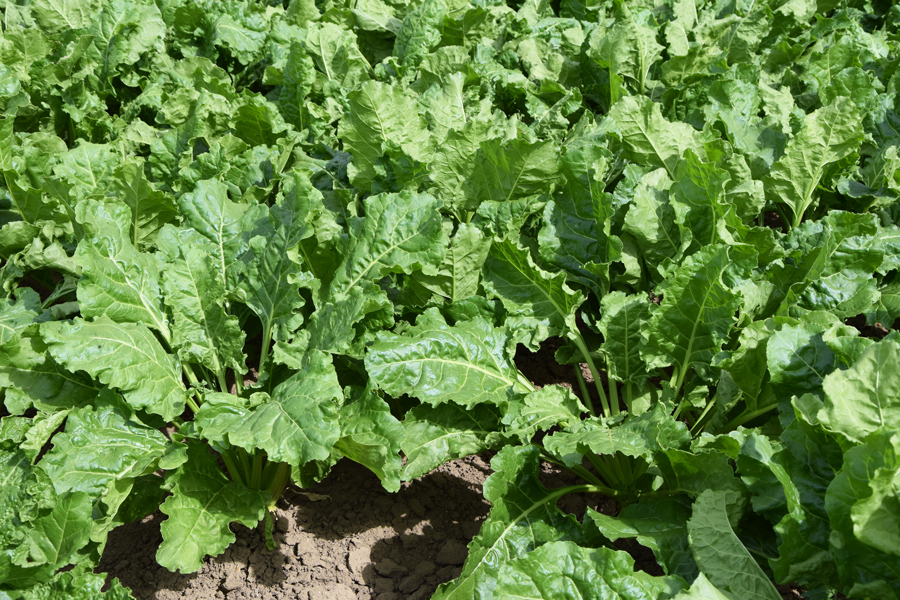Seven new varieties added to 2020 sugar beet list
1st May 2019
Seven new varieties are added to the 2020 Recommended List; Advena KWS and Smart Janninka KWS from KWS UK Ltd, BTS 4100 from Limagrain UK Ltd, Vixen, Conger, Puffin and Lightning from SESVanderHave UK Ltd.
Seven new varieties are added to the 2020 Recommended List; Advena KWS and Smart Janninka KWS from KWS UK Ltd, BTS 4100 from Limagrain UK Ltd, Vixen, Conger, Puffin and Lightning from SESVanderHave UK Ltd.
These not only reflect the continued improvement in yield and other key characteristics, such as early-sown bolting, in varieties being put forward by breeders, but this list sees the introduction of the first ALS herbicide tolerant sugar beet variety.
“2018 was a difficult growing season for the commercial crop and trials alike; adverse weather delayed drilling, this was followed by a prolonged drought, and a late burst of nitrogen when the drought finally broke in the autumn. Despite this, the control varieties in the trials still managed to achieve a mean yield of 112 adjusted tonnes per hectare with new varieties offering up to a 4.0% yield increase above that, highlighting the resilience of the crop in such conditions,” commented Mike May, Chairman of the RL Board. “In addition it is also good to see the first ALS herbicide tolerant variety (Smart Janninka KWS) on the list. The herbicides for use with this variety (as an integral part of the Smart®Conviso system) have now been approved, and should be available for the 2020 sowings.”
Breeders have put much effort into producing low bolting varieties specifically for UK conditions and six of the new varieties did not bolt in any of the RL normal sown trials (sown after 15th March) in any of the three years of testing (2016-2018 inclusive). These were Advena KWS, BTS4100, Vixen, Conger, Puffin and Smart Janninka KWS, although the latter did so when sown early and is not recommended for sowing before the 15th March.
“Before ordering BCN, AYPR partially resistant or ALS tolerant varieties, growers should discuss options with Contract Managers, agronomists or breeders who will have more information on their varieties performance and use in the presence of the specific problem,” advises Mike.
In the 2020 RL table the average plant population harvested was 106,000/ha and average sugar content 17.9%. The numbers of early-sown bolters are from trials sown in late February and up to the first five days of March. Growers should use these latter figures for guidance if sowing early, or if very cold or other stressful conditions are expected. Those varieties indicated by a X in the tables are not recommended for sowing before the 15th March but present little risk for normal sowing.
The RL/DL table can be found on the BBRO website (bbro.co.uk) along with the supplementary tables showing the three-year data for the varieties, plus seed provenance, vernalisation experienced in the early-sown bolter trials over the last three years and juice impurities.

